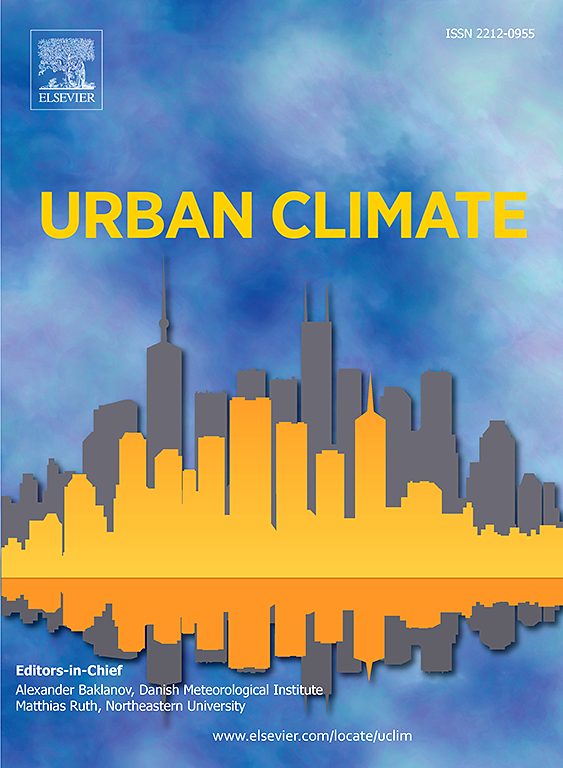基于模型的气候行动计划,以实现雄心勃勃的地方减排:以项目为重点的方法
IF 6.9
2区 工程技术
Q1 ENVIRONMENTAL SCIENCES
引用次数: 0
摘要
越来越多的城市正在制定气候行动计划,以协调当地的减排;然而,规划者缺乏将许多单独的气候项目整合成一个单一计划的方法指导。为了缩小这一差距,我们将制定气候行动计划的任务定义为一个调度问题,在给定特定预算的情况下,确定减排项目的最佳启动时间。我们根据欧洲的经验数据对项目进行了描述,并发现考虑成本和减排潜力的不确定性比忽视不确定性更能支持雄心勃勃且不容易出现预算超支的计划。我们还确定了流行的缓解行动与在最佳调度框架下建议的行动之间的差异,这表明可能比当前气候行动计划中观察到的减排目标更高。我们的框架建立在城市对计算模型作为决策支持工具日益增长的兴趣的基础上,同时保留了当前利益相关者咨询实践中突出的特定项目重点。本文章由计算机程序翻译,如有差异,请以英文原文为准。
Model-based Climate Action Plans for ambitious local emissions reduction: A project-focused approach
Cities are increasingly developing Climate Action Plans to coordinate local emissions reduction; however, planners lack methodological guidance for consolidating many individual climate projects into a single plan. To close this gap, we frame the task of developing Climate Action Plans as a scheduling problem that determines optimal start times for emissions abatement projects given a specific budget. We characterize projects from empirical European data and find that considering uncertainty in cost and emissions abatement potential supports plans that are both ambitious and less prone to budget overruns than when neglecting uncertainty. We also identify difference between popular mitigation actions and those suggested under an optimal scheduling framework, which indicates potential for higher emission abatement ambition than observed in current Climate Action Plans. Our framework builds on cities' growing interest in computational models as decision-support tools while retaining the project-specific focus prominent in current stakeholder consultation practices.
求助全文
通过发布文献求助,成功后即可免费获取论文全文。
去求助
来源期刊

Urban Climate
Social Sciences-Urban Studies
CiteScore
9.70
自引率
9.40%
发文量
286
期刊介绍:
Urban Climate serves the scientific and decision making communities with the publication of research on theory, science and applications relevant to understanding urban climatic conditions and change in relation to their geography and to demographic, socioeconomic, institutional, technological and environmental dynamics and global change. Targeted towards both disciplinary and interdisciplinary audiences, this journal publishes original research papers, comprehensive review articles, book reviews, and short communications on topics including, but not limited to, the following:
Urban meteorology and climate[...]
Urban environmental pollution[...]
Adaptation to global change[...]
Urban economic and social issues[...]
Research Approaches[...]
 求助内容:
求助内容: 应助结果提醒方式:
应助结果提醒方式:


